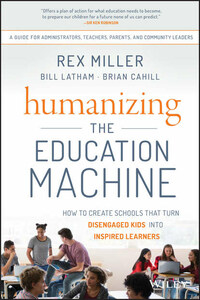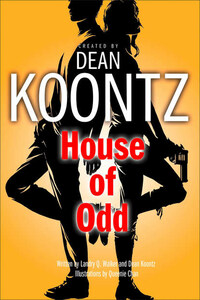Humanizing the Education Machine

“Make sure your students follow your instructions.” That sounds like a straightforward instruction, but in fact, it’s fairly abstract. What does a teacher actually have to do to make sure students are following? Even the leader delivering this direction may not know, and the first-year teacher almost certainly doesn’t. The vast majority of teachers are only observed one or two times per year on average—and even among those who are observed, scarcely any are given feedback as to how they could improve. The bottom line is clear: teachers do not need to be evaluated so much as they need to be developed and coached. In Get Better Faster: A 90-Day Plan for Coaching New Teachers, Paul Bambrick-Santoyo shares instructive tools of how school leaders can effectively guide new teachers to success. Over the course of the book, we break down the most critical actions leaders and teachers must enact to achieve exemplary results. Designed for coaches as well as beginning teachers, Get Better Faster is an integral coaching tool for any school leader eager to help their teachers succeed. It’s the book’s focus on the actionable—the practice-able—that drives effective coaching. By practicing the concrete actions and micro-skills listed here, teachers will markedly improve their ability to lead a class, producing a steady chain reaction of future teaching success. Though focuse'd heavily on the first 90 days of teacher development, it’s possible to implement this work at any time. New and old teachers alike can benefit from the guidance of Get Better Faster and close their existing instructional gaps. Packed with practical training tools, including agendas, presentation slides, a coach’s guide, handouts, planning templates, and 35 video clips of real teachers at work, Get Better Faster will teach you: The core principles of coaching: Go Granular, Make Feedback More Frequent, Top action steps to launch a teacher’s development in an easy-to-read scope and sequence guide The four phases of skill building: Phase 1 (Pre-Teaching): Dress Rehearsal Phase 2: Instant Immersion Phase 3: Getting into Gear Phase 4: The Power of Discourse







